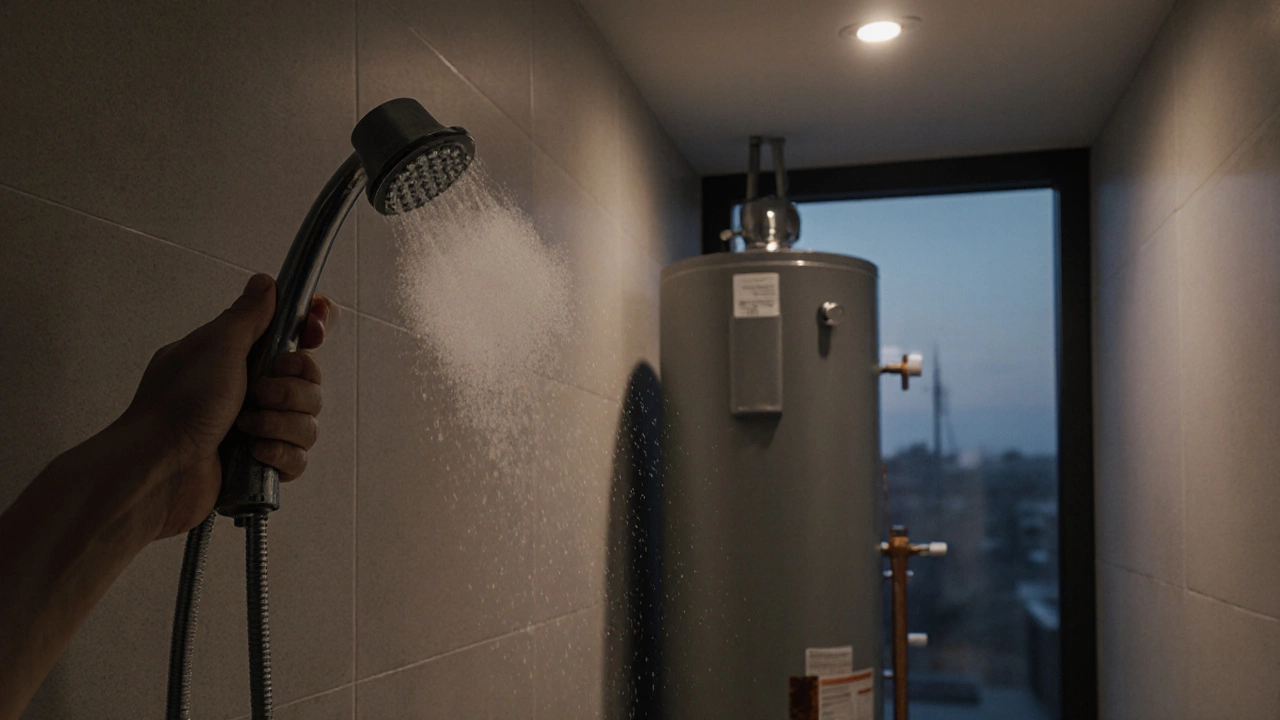
Discover the typical lifespan of different water heater types, factors that affect durability, warning signs, maintenance tips, and when to replace versus repair.
Understanding water heater, the device that supplies hot water for showers, dishes and laundry. Also known as hot water heater, it becomes a replacement candidate when age, efficiency loss, or safety concerns pile up. When to replace water heater isn’t a random guess; it’s a checklist of measurable factors. A water heater that repeatedly trips the reset button or shows rust in the tank signals corrosion, which can lead to leaks or even bursts. If you notice longer wait times for hot water or fluctuating temperatures, the heating element or thermostat may be failing, and repair costs can quickly outweigh the price of a new unit. This is why many homeowners track the water heater lifespan, typically 8‑12 years for traditional tanks and up to 20 years for modern tankless models as a baseline for replacement planning.
Before you order a new unit, consider water heater repair, the process of fixing faulty components like heating elements, thermostats or anode rods. Repair can push the effective life of a heater forward, but it also adds recurring costs. When repair expenses exceed 50% of a new unit’s price, replacement becomes the smarter financial move. Regular appliance maintenance, routine tasks such as flushing the tank, inspecting the pressure relief valve, and testing the venting system reduces mineral buildup and corrosion, extending the heater’s useful life and delaying costly replacements. The relationship here is clear: water heater repair can extend water heater lifespan, while appliance maintenance lowers the frequency of replacement. These connections form the core of any decision‑making process, allowing you to weigh immediate repair costs against long‑term savings.
In practice, homeowners who follow a maintenance schedule often get 2‑3 extra years out of a tank before the signs mentioned earlier become unavoidable. Monitoring energy bills provides another clue; a sudden increase can indicate that the heater is working harder than it should, hinting at hidden inefficiencies. Safety checks are non‑negotiable: if the unit shows signs of gas leaks, strange noises, or frequent emergency shut‑offs, replace it immediately to avoid hazards. By keeping an eye on age, performance, repair costs, and safety, you’ll know exactly when to replace water heater without second‑guessing. Below you’ll find a curated set of articles that dive deeper into troubleshooting steps, cost‑benefit analyses, and step‑by‑step guides to help you make the right call for your home.

Discover the typical lifespan of different water heater types, factors that affect durability, warning signs, maintenance tips, and when to replace versus repair.